News
-

What Is The Effect Of Seaweed Extract On Soil?
Seaweed extract has a variety of positive effects on soil health and structure. Here are the main ones: Nutrient-rich: Seaweed extract is rich in essential nutrients for the human body, including macronutrients (nitrogen, phosphorus, pot...Read more -

Can You Spray Liquid Seaweed Extract On Leaves?
Yes, you can spray liquid seaweed extract onto the leaves of your plants. This method of application is often called foliar feeding. Here are some key points about using liquid seaweed extract on your leaves: Nutrient Absorption: Foliar ...Read more -

What Nutrients Are In Seaweed Extract?
Seaweed extracts are rich in a variety of nutrients that benefit plants. The specific nutrients may vary depending on the type of seaweed used, but in general, seaweed extracts contain the following key nutrients: 1.Macronutrients: Ni...Read more -

What Is Seaweed Extract Green For?
Seaweed Extract Green is a natural substance extracted from various seaweeds and is commonly used for a variety of purposes, especially in agriculture and horticulture. The following are some of its main uses: Agriculture and Horticultur...Read more -

What Is The Foliar Application Of Proline?
Foliar application of proline is the practice of applying proline,directly to plant leaves. Proline plays an important role in plant stress response and can enhance plant growth and resilience. Here is an overview of foliar application o...Read more -

What Is Proline & How Does It Work?
Proline plays an important role in plant physiology, especially under stress conditions. Here is a detailed overview of what proline is and how it works: What is Proline? Chemical Structure: Proline is unique among amino acids because...Read more -

Why Is Proline Important In Plants?(二)
Proline is a multifunctional amino acid that plays a critical role in helping plants adapt to and survive stressful conditions. 4. Stabilization of Proteins and Cellular Structures Protein Integrity: Proline contributes to the stabil...Read more -

Why Is Proline Important In Plants?(一)
Proline is important to plants for many reasons, especially related to stress response and overall plant health. Here are a few points that highlight its importance: 1. Osmoregulation Water Retention: Proline helps maintain osmotic ...Read more -

How Do You Use Chitosan On Plants?
Chitosan is becoming increasingly popular in agriculture for its potential benefits to plant health, including improved growth, improved resistance to pests and diseases, and overall plant vitality. Here are some ways to use chitosan on ...Read more -

Do Chitosan Oligosaccharides Activate Plant Responses?
Yes, Chitosan Oligosaccharide (COS) can activate plant responses. They are known to stimulate various physiological and biochemical processes in plants, thereby promoting growth and increasing resistance to stress and disease. Here are s...Read more -

What Are Amino Acids?
Amino acids are organic compounds that are the building blocks of proteins. They play vital roles in various biological processes in plants and animals. Here’s a more detailed overview: Structure: Amino acids are mainly referred to compo...Read more -

Do Plants Need Nitrogen For Amino Acids?
Yes, plants need nitrogen to produce amino acids. Here’s how it works: The role of nitrogen in amino acid synthesis Components of protein: Amino acids are the building blocks of proteins and are essential for a variety of plant functions...Read more
















